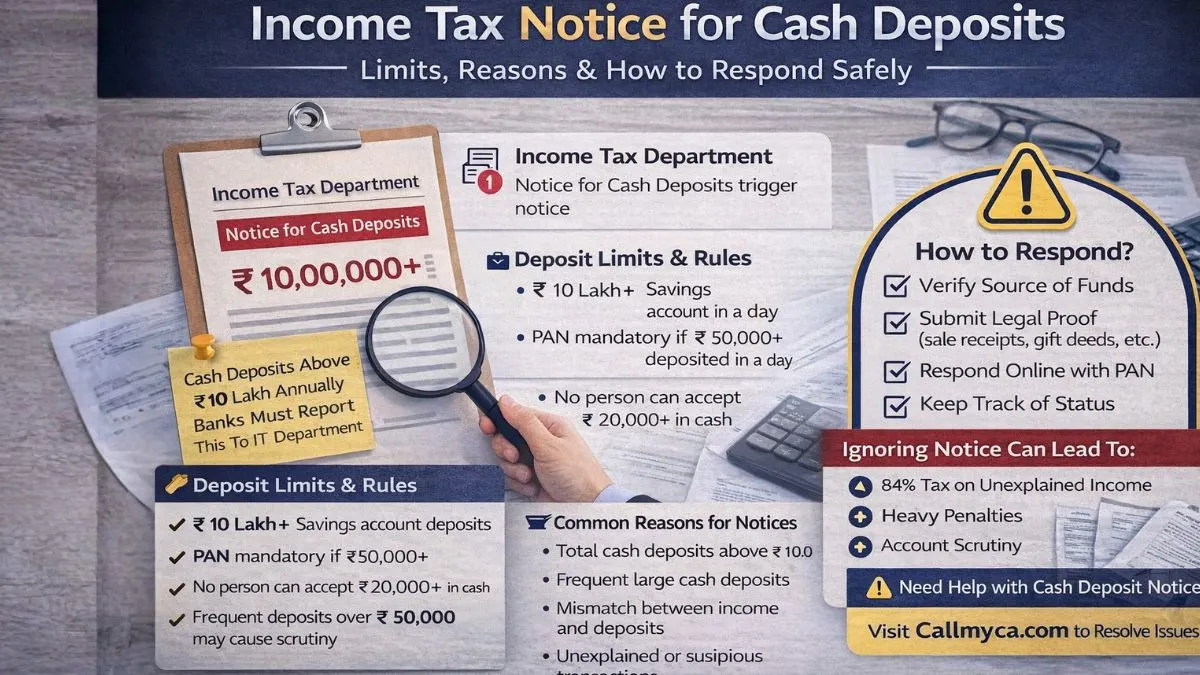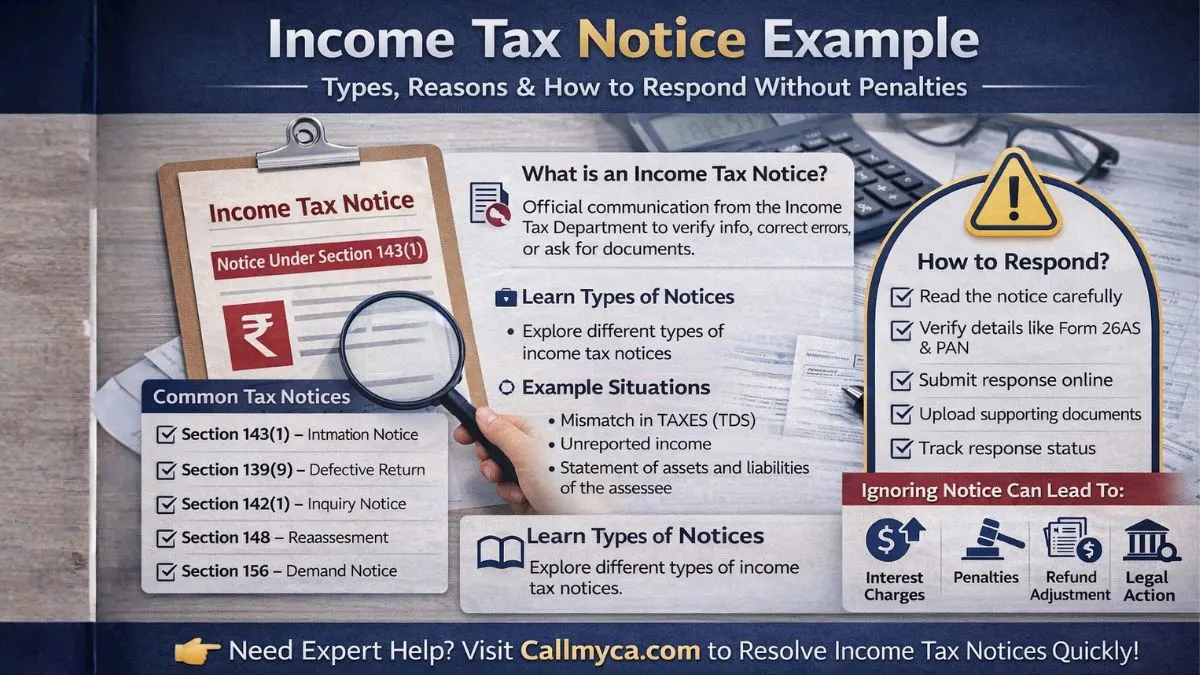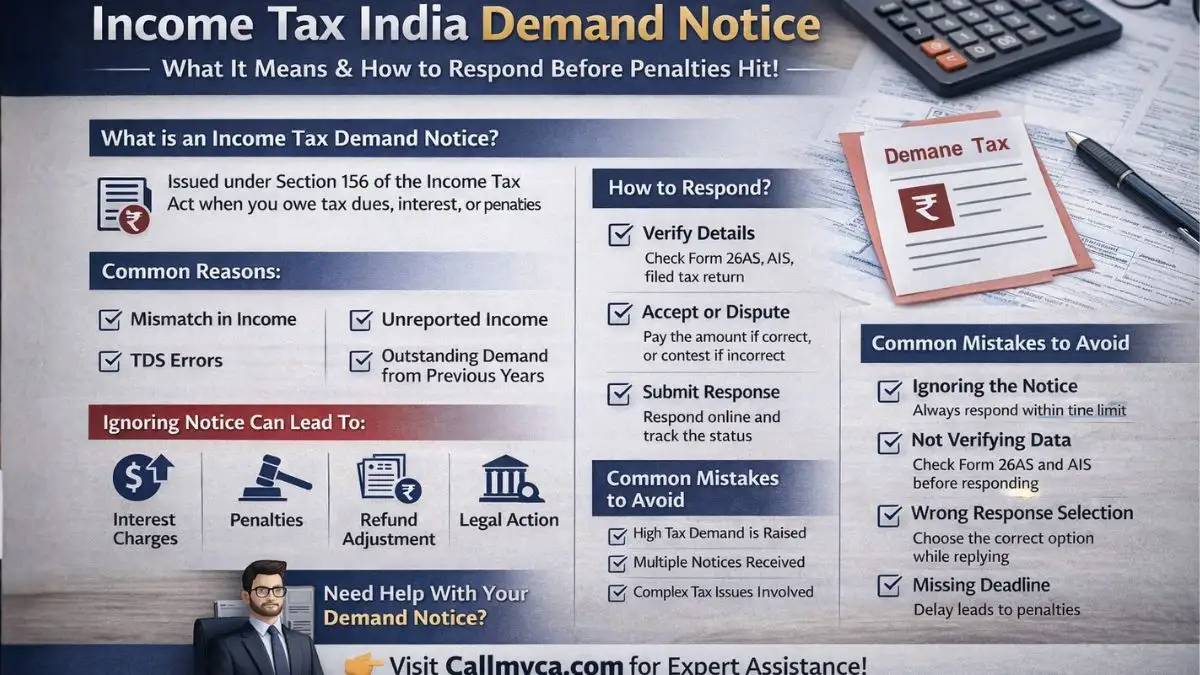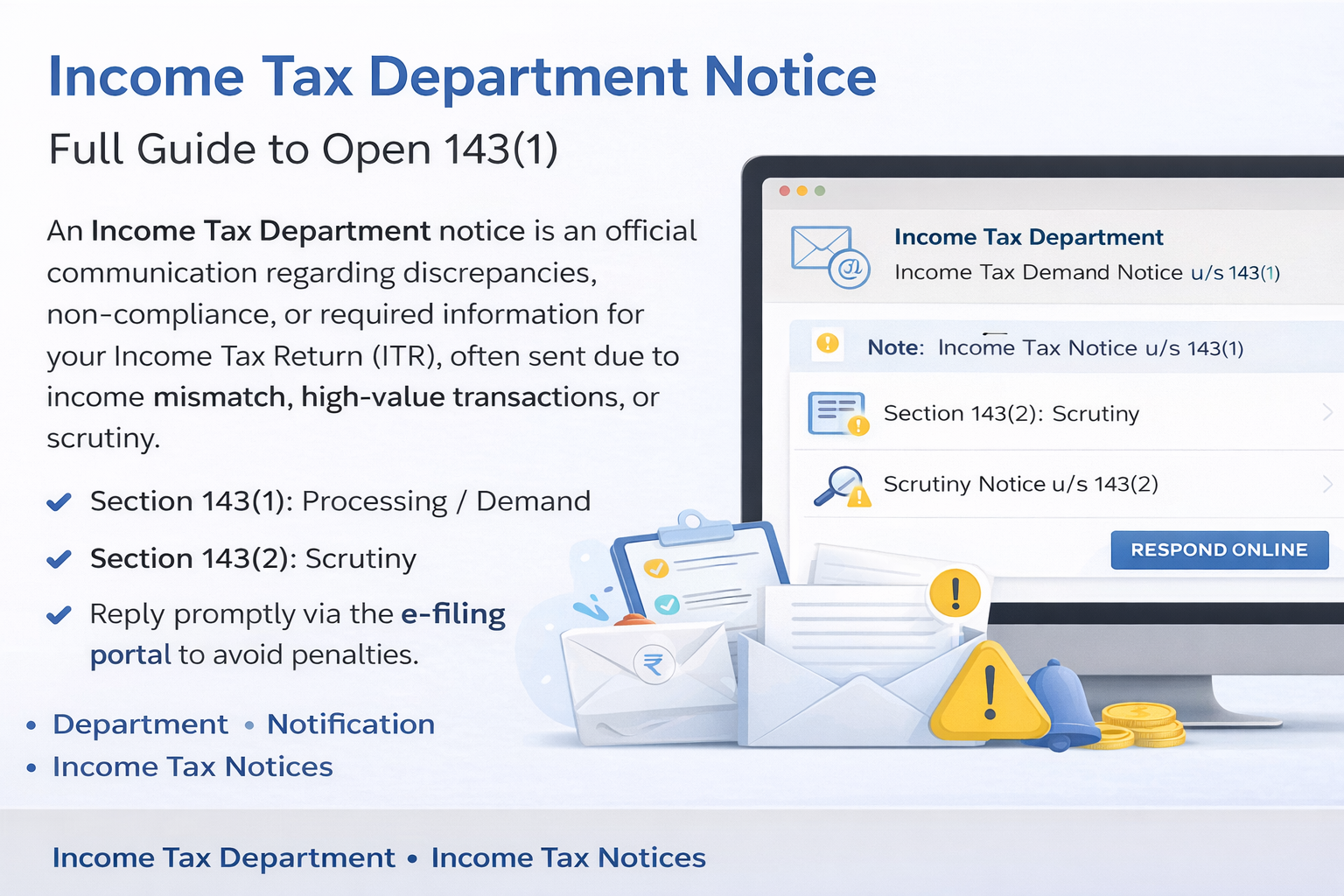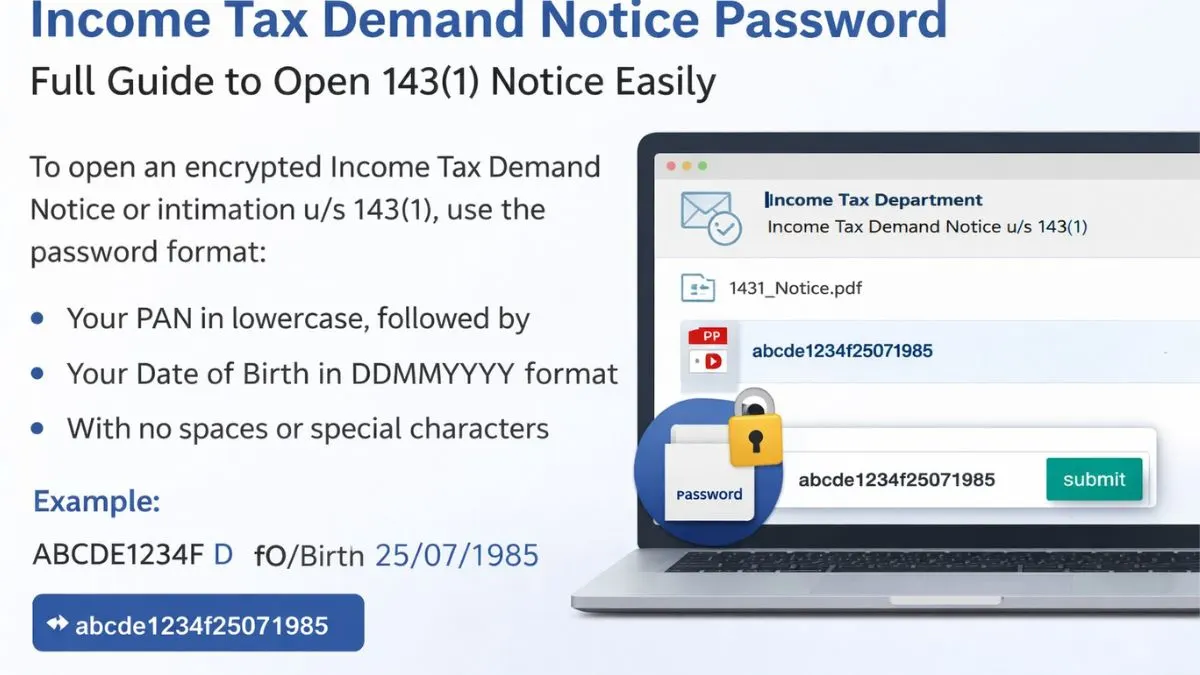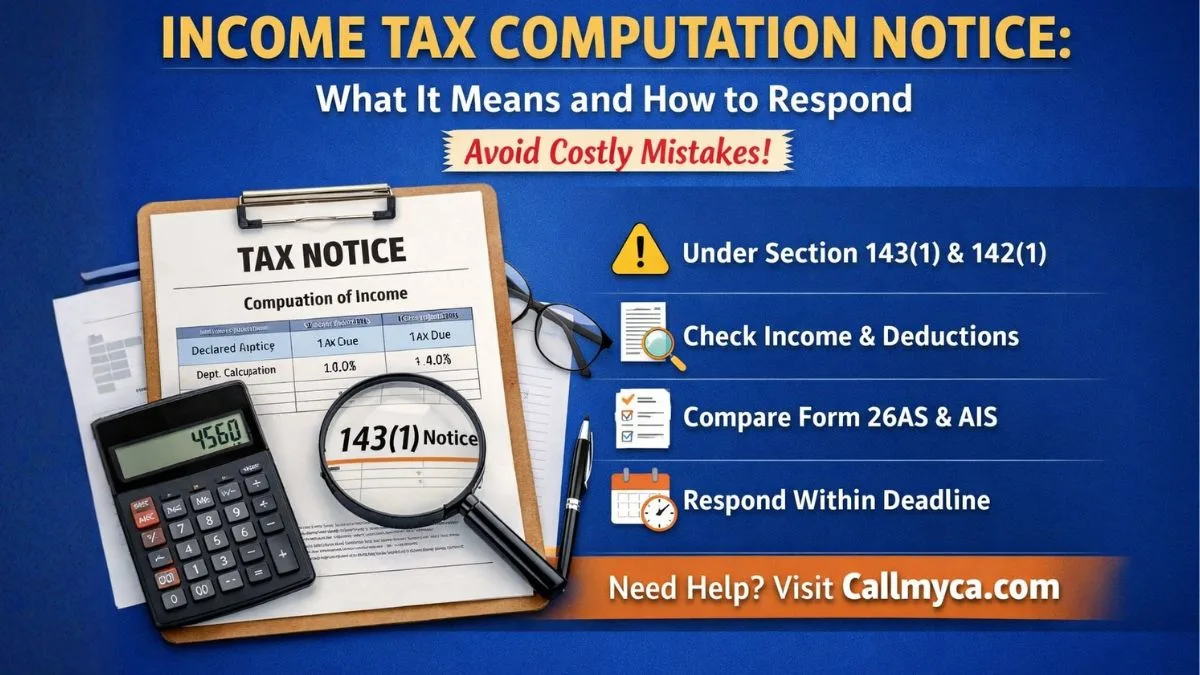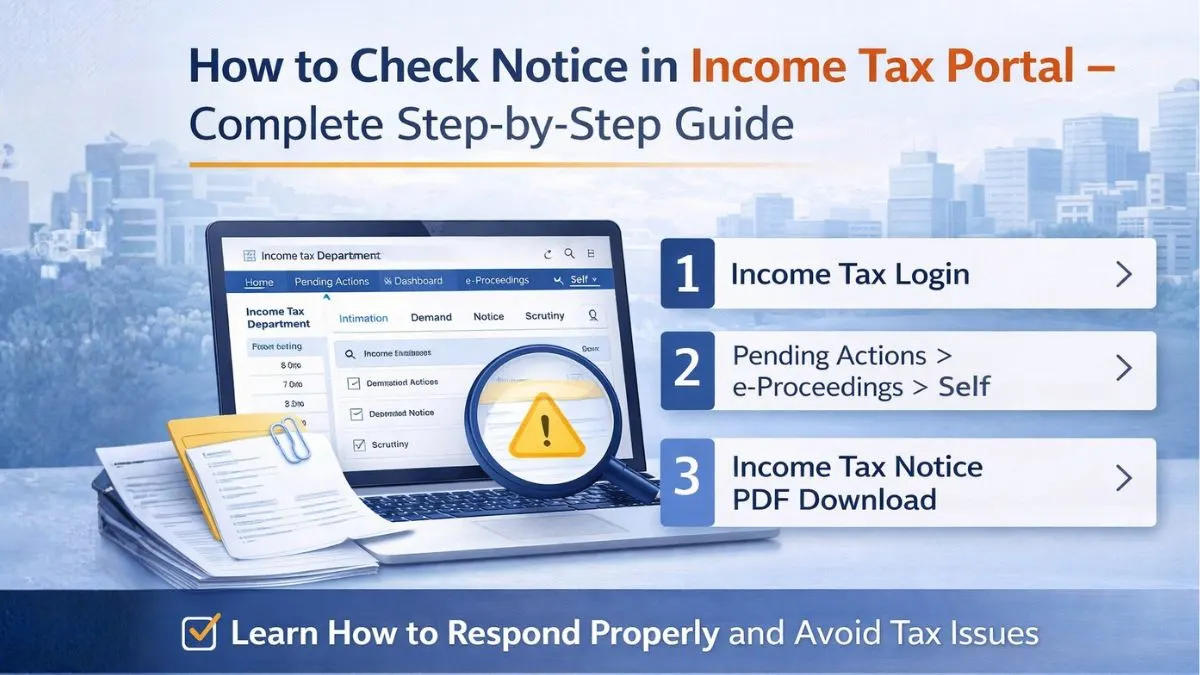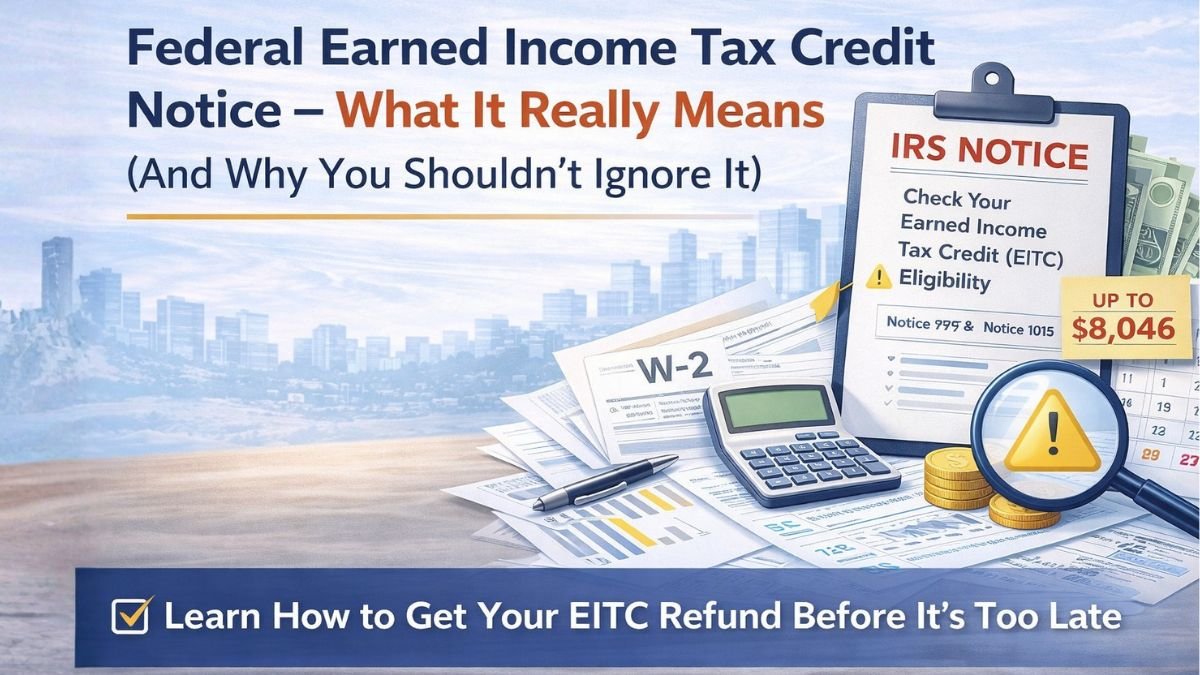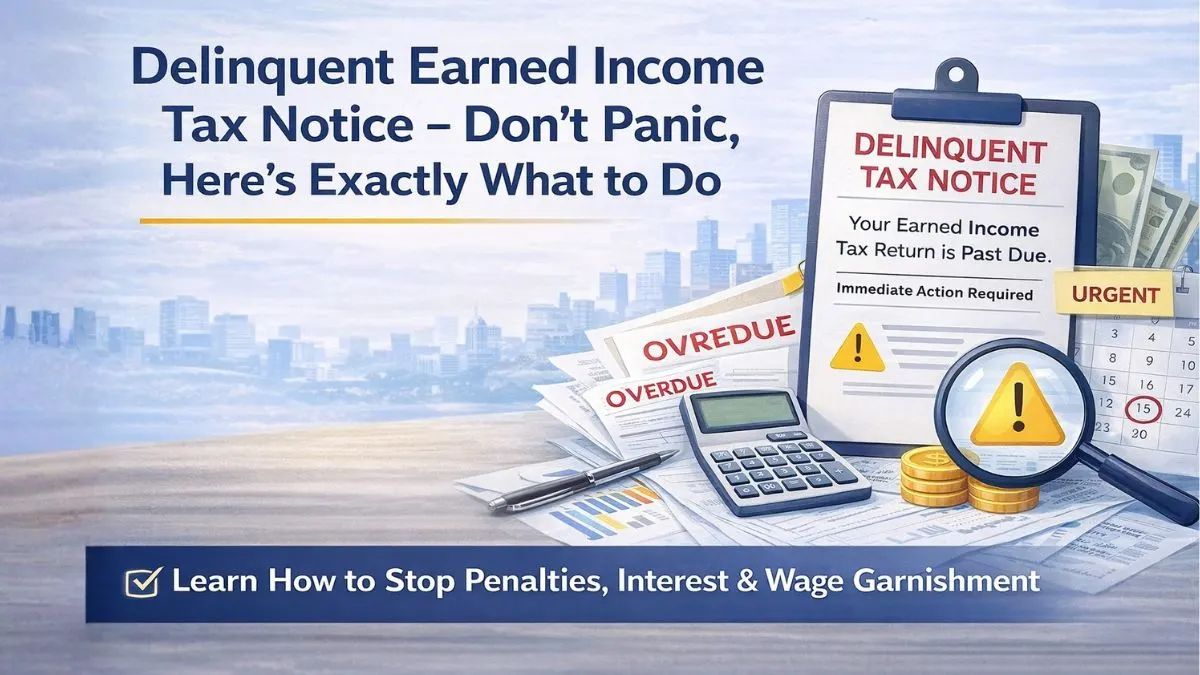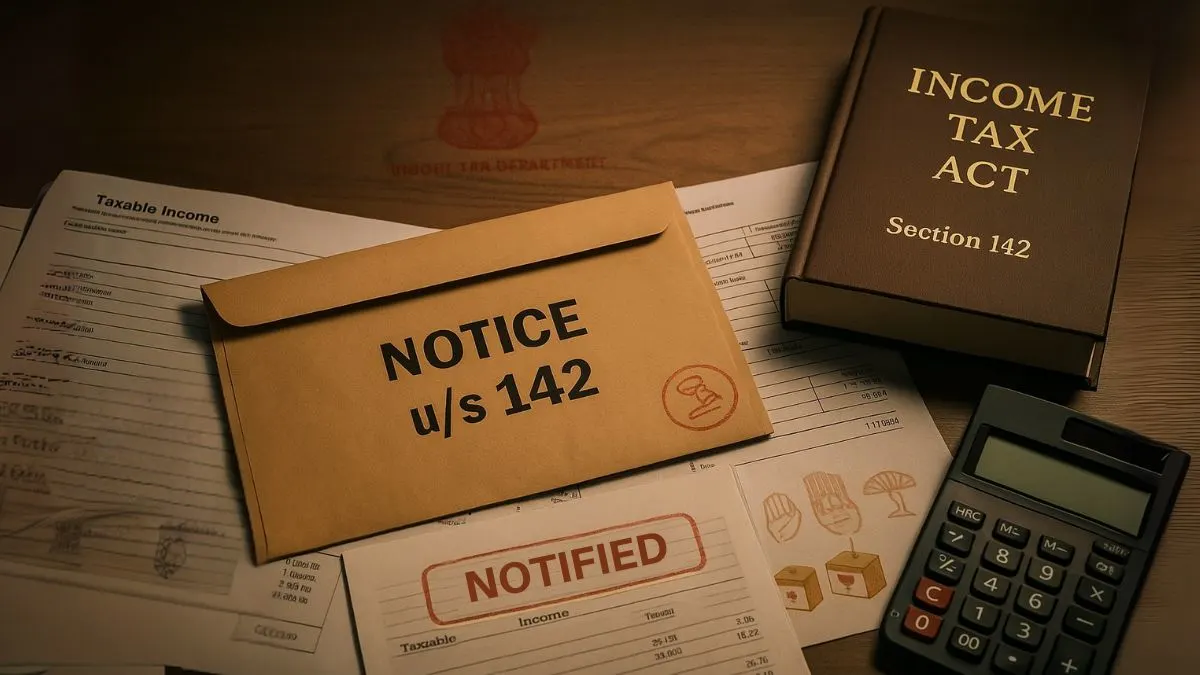
Tax compliance is not just about filing returns; it also involves responding to official communications from the Income Tax Department. Among these, one of the most significant provisions is Section 142 of the Income Tax Act, 1961.
This section empowers tax authorities to issue inquiry notices to taxpayers for obtaining documents, verifying details, or even calling for the auditing of accounts. Whether you have filed your return or not, the department can send a notice under Section 142(1) to demand additional details or to ensure that tax liability is accurately determined.
Understanding this section is critical because ignoring such notices can result in penalties or even prosecution. Let’s break down what Section 142 covers, when notices are issued, and how you should respond.
What is Section 142 of the Income Tax Act?
Section 142 gives powers to the Assessing Officer (AO) to make inquiries before assessment. It ensures that taxpayers provide full and accurate disclosure of their income & financial details.
Key highlights:
- It may include a return in respect of his/her income or income of another person for which the taxpayer is liable to be assessable.
- An official request from tax authorities under this section can demand documents, statements, accounts, and explanations."
- Inquiry notice under Section 142(1) is sent to taxpayers when a return is not filed or when filed returns need verification.
- It also provides for the auditing of accounts of the assessee if required by the AO.
- It serves as an official communication from the Income Tax Department to ensure accurate assessment.
When is a Notice under Section 142(1) Issued?
A notice under Section 142(1) can be issued in multiple scenarios:
- When no return is filed – If you fail to file your ITR by the due date, the AO may issue a notice requiring you to file it.
- When return is filed but details are missing – Sometimes, filed returns may lack clarity or supporting documentation. In such cases, the department can call for additional information.
- When verification is required – If discrepancies are found between your return & third-party data (like Form 26AS, AIS, or TDS), you may receive an inquiry notice.
- For cross-assessment – The AO may also ask for returns in respect of income of another person for whom you are assessable, such as a legal heir filing for a deceased person.
- For audit of accounts – The AO can direct that your accounts be audited to verify accuracy.
Also Read: What to Do If You Receive a Reassessment Notice
Structure of Section 142
Section 142 can broadly be divided into three parts:
- Section 142(1): Inquiry notice issued to furnish return, accounts, or documents.
- Section 142(2A): Special audit of accounts of the assessee if directed by the AO.
- Section 142(2C): Provides timelines & extensions for submission of special audit reports.
Section 142(1) – Inquiry Notice
The most common form of notice under Section 142 is the inquiry notice under Section 142(1).
- It is sent to taxpayers when the AO requires additional information.
- It can ask you to furnish books of accounts, statements of assets & liabilities, and explanations of transactions.
- It is particularly common if a taxpayer has not filed a return, in which case the notice is an official direction to submit one.
Failure to respond to such notices can lead to best judgment assessment under Section 144, where the AO determines your tax liability without your input.
Section 142(2A) – Auditing of Accounts
In some cases, the AO may find that the nature of the taxpayer’s accounts is complex. For example:
- Companies with multiple branches.
- Large entities with complicated revenue recognition.
- Cases where suspicion of tax evasion exists.
In such scenarios, the AO can direct a special audit under Section 142(2A).
This means an independent chartered accountant, nominated by the department, will audit the books. The costs of this audit are generally borne by the taxpayer.
Thus, Section 142 provides for the auditing of accounts of the assessee whenever necessary.
How to Respond to a Section 142 Notice
If you receive a notice under Section 142:
- Read the Notice Carefully – Identify whether it is for missing returns, missing documents, or audit requirements.
- Check the Deadline – Notices usually come with strict timelines. Respond within the given period."
- Collect Documents – Gather bank statements, invoices, investment proofs, and other relevant financial records.
- File Returns Promptly – If the notice asks you to file a return, ensure you do so immediately.
- Seek Professional Help – Consult a chartered accountant or tax advisor to avoid errors.
Timely response avoids escalation into penalty or prosecution.
Also Read: Income Tax Scrutiny Notice: What It Means and What You Should Do
Consequences of Ignoring Section 142 Notices
Non-compliance can lead to:
- Best Judgment Assessment under Section 144.
- Penalties & fines for concealment of income.
- Prosecution in severe cases of willful evasion.
Thus, treating a Section 142(1) inquiry notice as an urgent matter is in every taxpayer’s best interest.
Practical Example
Let’s say Mr. Sharma did not file his ITR for AY 2023–24. The Income Tax Department notices TDS deductions in his PAN but no return filed.
- The AO issues a notice under Section 142(1) asking him to file his return & provide supporting documents.
- If Mr. Sharma responds, the return is assessed normally.
- If he ignores it, the AO proceeds with best judgment assessment & imposes penalties.
This example shows how important it is to treat such notices seriously.
Why Section 142 Matters
Section 142 serves three purposes:
- Ensures Voluntary Compliance – Taxpayers are reminded to file or complete their returns."
- Improves Transparency – By calling for documents, the department ensures fair reporting.
- Provides Checks Against Evasion – The power of auditing ensures accountability in complex cases.
FAQs on Section 142 of Income Tax Act
Q1. What is an inquiry notice under Section 142(1)?
It is an official communication from the Income Tax Department to provide returns, documents, or explanations for assessment.
Q2. Can Section 142(1) notice be ignored?
No, ignoring it can result in penalties, best judgment assessment, and even prosecution.
Q3. What is Section 142(2A)?
It allows the AO to direct a special audit of accounts when financial records are complex.
Q4. Can a notice under Section 142 be sent after filing a return?
Yes, if additional details are needed or discrepancies are found, a notice can still be issued.
Also Read: Received a Notice for Political Donations? Here's What You Must Know
Conclusion
Section 142 of the Income Tax Act is a critical compliance tool that empowers the tax department to demand returns, verify documents, and even order special audits. An official request from tax authorities under Section 142(1) is not to be ignored—it may include a return in respect of one’s own income or that of another person, provide for auditing of accounts, and acts as an official communication from the Income Tax Department.
Taxpayers must treat such notices with urgency & respond properly to avoid penalties.
💡 Received a notice under Section 142(1)? Don’t panic—our experts at Callmyca.com can help you draft responses, file missing returns, and stay compliant with the law. Click now to know more.

